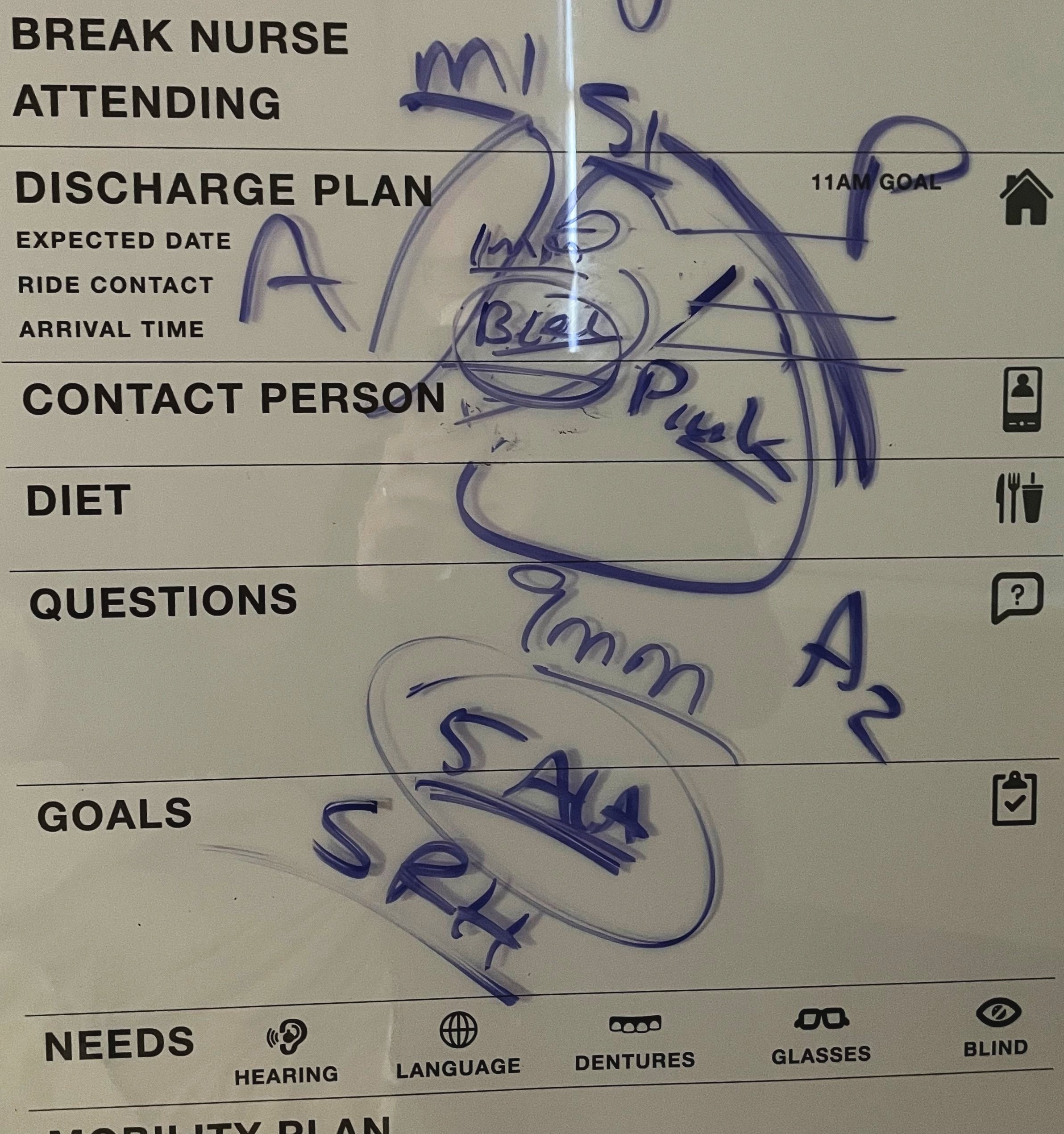
Patient & Researcher Blog
Here I aim to capture what I am learning as a newbie researcher from a patient perspective.
Living with a slow growing brain cancer
It is taboo for researchers to talk about their work before it is published.
I think that’s a bummer.
My favorite part about research is learning new things in real time. Here I share my observations as a learner and my n of 1 (personal) findings as a patient.
Note: I started blogging about brain cancer in 2008, at age 29.
I had no background or knowledge about healthcare when I began. Please excuse typos and other misconceptions. What you read here is me in real time, like a time capsule.
There are more than 500 posts here. Use this search to look for something specific. Good luck!
This is not a death sentence
To those of you diagnosed with a brain tumor–malignant or otherwise–for the love of god (or whatever you believe in), don't tell yourself the diagnosis is a death sentence. Be as negative as you want. Dread the biopsy. Freak out about the brain surgery. Get sick of chemo. But don't tell yourself this is death sentence.
Beyond my cancer diagnosis: Where do I go from here?
I look at people on the scene: the newly diagnosed, the people in treatment who are just finding their voices in the brain tumor world. I wonder if it is their time to share their stories, and time for survivors like me to take a step back.
Special certificate: brain cancer
A cancer-versary is like an award. I wish I could add "cancer survivor" to my LinkedIn page right after the section about Honors & Awards. Or maybe I can add it to the section about special certificates?
I can do a push-up: Hitting a fitness milestone
If life is short, and if my tumor grows back, it is worth having made myself as strong as possible before I start treatment again. It is worth feeling good in my own skin, especially if I only have a short time in this skin.
What would you say to the most influential people in the brain tumor community?
I am struggling with what I should say. I don't want to preach to the choir. They already know we need more money for research. They know oral forms of chemotherapy aren't equally covered by all health insurers. They know there are more than 130 different kinds of brain tumors and that brain cancer is the #1 cancer killer in children.
Braces and brain scans: straightening your teeth with brain cancer
Us MRI Elite are told to complete a form asking about all metallic objects that may be hidden in and around our body before we have each scan. There are about 30 standard questions, including: Do you wear a pacemaker? Do you have a shunt? Do you have any metal plates or screws in your body? Do you have any metal fragments in your eyes? Have you ever worked with metal objects? Have you ever attended a Slayer concert? (Not really, but imagine that!)
Neuropsychological testing
Neuropsychological testing can help doctors find out how damage to your brain may be affecting your ability to reason, concentrate, solve problems, or remember. A doctor may suggest this type of testing if you have a disease that can damage the brain, such as Alzheimer's, multiple sclerosis, dementia, Parkinson's or a brain tumor.
Local news article: Operation life
I was featured in a local paper here in my area. The article is about this blog and some of the advocacy work I do.
Holy shit: nearly five years since first seizure, happy birthday to me
I never want to be a woman who hides her age. Every year I am older is another year I am alive. I am living with this disease.








